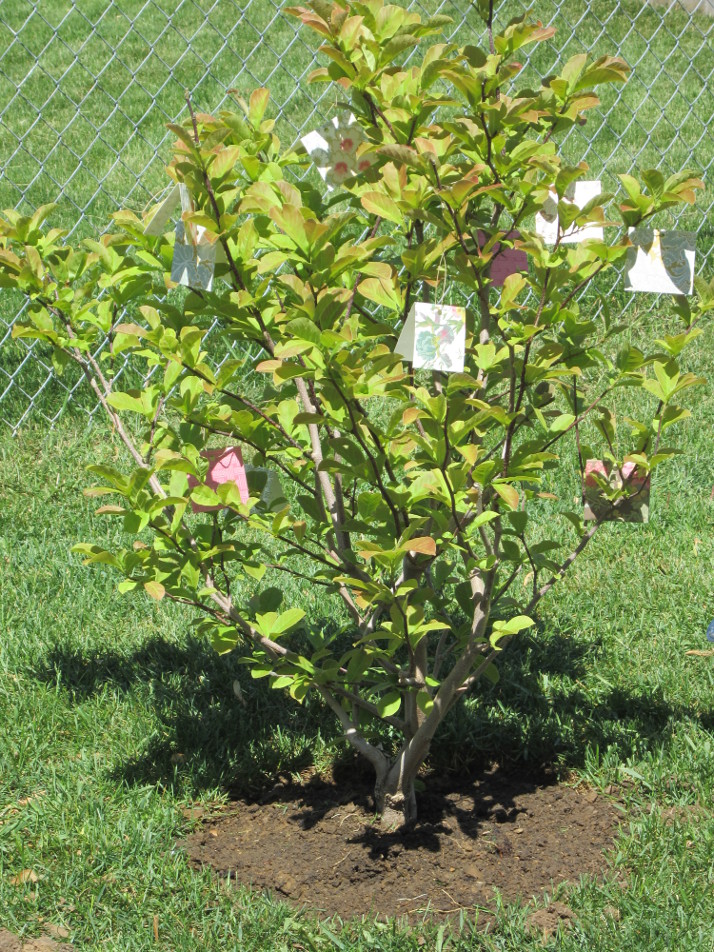Child Welcoming Ceremonies: A Beautiful Way to Begin
Child Welcoming ceremonies are a beautiful way to welcome a new child to your family. Whether through birth, adoption, or fostering, a new child in the family is always cause for celebration.
Often thought of as an alternative to religious Baptisms or Christenings, a Child Welcoming ceremony can be both so much more and much less than those ceremonies. Child Welcoming ceremonies are secular or non-religious in nature. For couples and families who are not religious, they are a great way to celebrate the new addition to your family.
Child Welcomings most often include some or all of these elements:
- Naming the child
- Promises from the parents to the child
- Naming of guideparents/mentors
- Promises from the guideparents to the child
- A ritual to symbolize welcoming to child to the family and community
- A reading or story
- A gift or remembrance of the day

Rituals may include a tree planting in the child’s honor or notes and letters from attendees for the child to have as a keepsake. At a recent welcoming the parents had a puzzle made with pictures of each attendee with the child. During the ceremony the guests placed their pictures in the puzzle. As the child plays with the puzzle the story of the ceremony and the love of these important people in their life can be shared.
Practically, with a little one involved, the ceremony needs to be relatively brief. Fifteen to 20 minutes is about as long as you want it to last. You’ll want it to be casual, and if the child is mobile, expect they will be on the move during the ceremony. Child Welcoming ceremonies are usually held at home, with close family and maybe a few friends in attendance.
Working with a celebrant you can craft a fun, meaningful ceremony to celebrate the new child and the new roles for parents and siblings. Marking milestone moments in life in an authentic way is possible and limited only by your creativity and interest.
